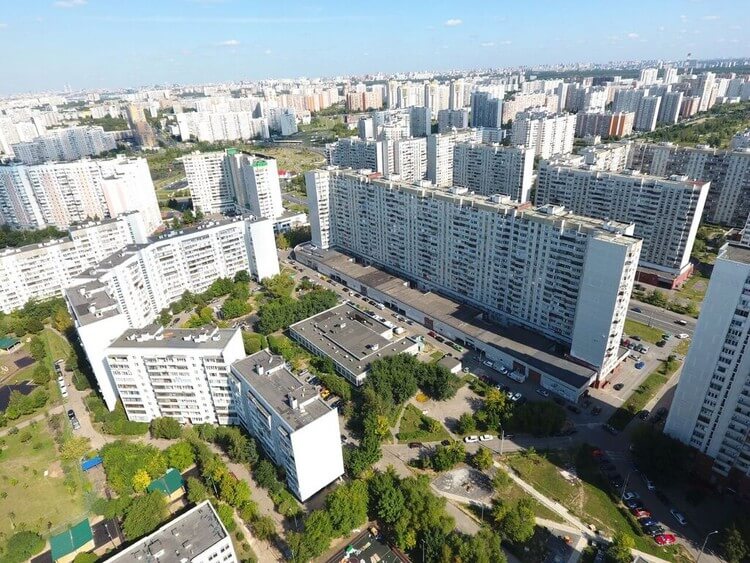A district on the south east of Moscow has become a ‘living lab’, where Russian authorities test, evaluate and adjust citizens to smart city technologies.
Maryino – home to 8,000 residents – has tested 29 new technologies for urban development; including ideas on smart lighting, smart waste management, and smart heating, across its residential areas.
The government then evaluates the effectiveness of the smart systems, establishing which technologies residents use most, and the impact it has on their day-to-day lives. Using the results, Moscow authorities will adjust the overall city urban renewal plan.
"Our aim was to test technologies in an inhabited neighbourhood so it allows us to see whether citizens get advantages from new technologies in their everyday tasks,” Explained Andrey Belozerov, Strategy and Innovations Advisor to the CIO of Moscow.
"When the pilot is completed, we aim to adjust the city urban renewal plan, so Muscovites enjoy living in similar technology-savvy buildings around the city in the future."
Earlier this year, authorities began implementing technologies in selected residential buildings, with varying construction dates and conditions. The smart technologies included acoustic sensor lights in hall ways, automatic temperature-sensitive heating, sensor waste bins that alert when the bin is full, free Wi-Fi across the district and Moscow’s first residential charging station for electric vehicles (EVs).
Data from metering systems for heating and water also automatically transfer to utilities’ data centres, whilst a meteorological station in the district monitors the humidity, wind and temperature in real time.
The switch to smart street lighting is set to decrease the city’s energy and heating costs; cutting electricity consumption by 80 per cent and the transition to smart heating by 10 per cent.

